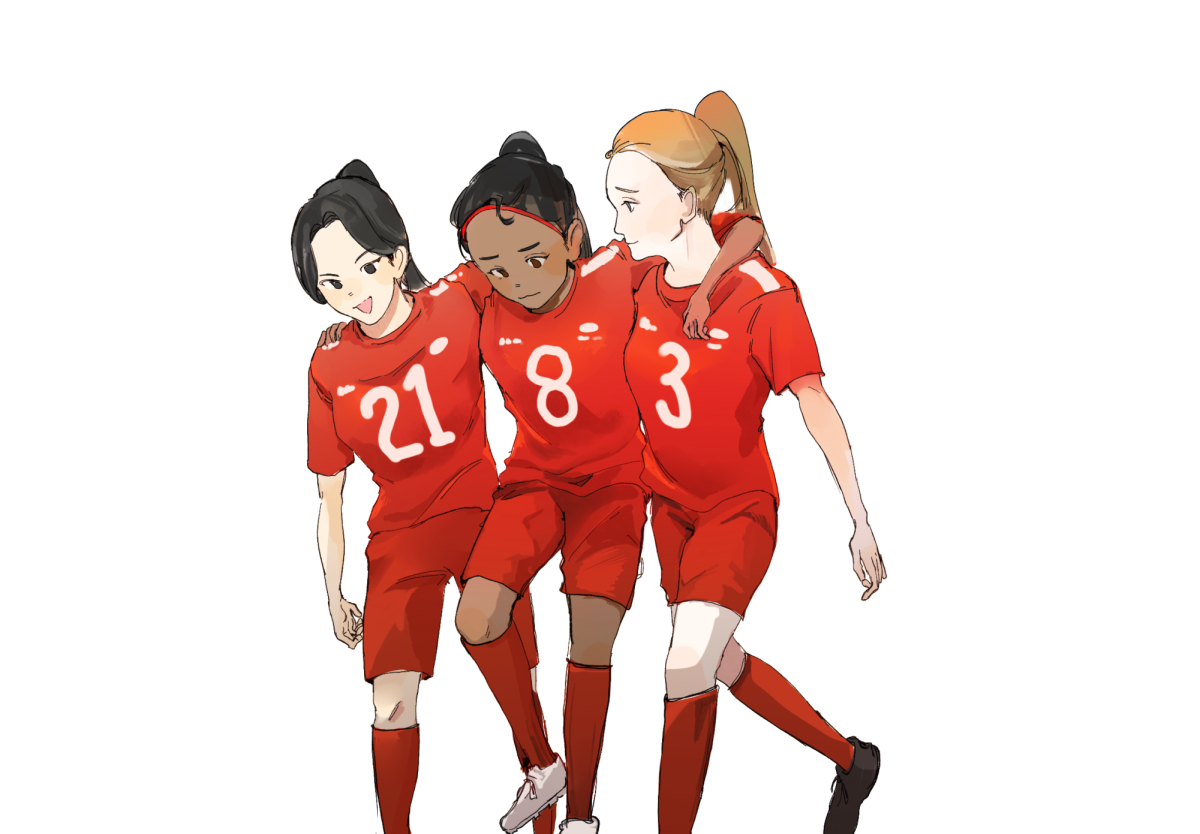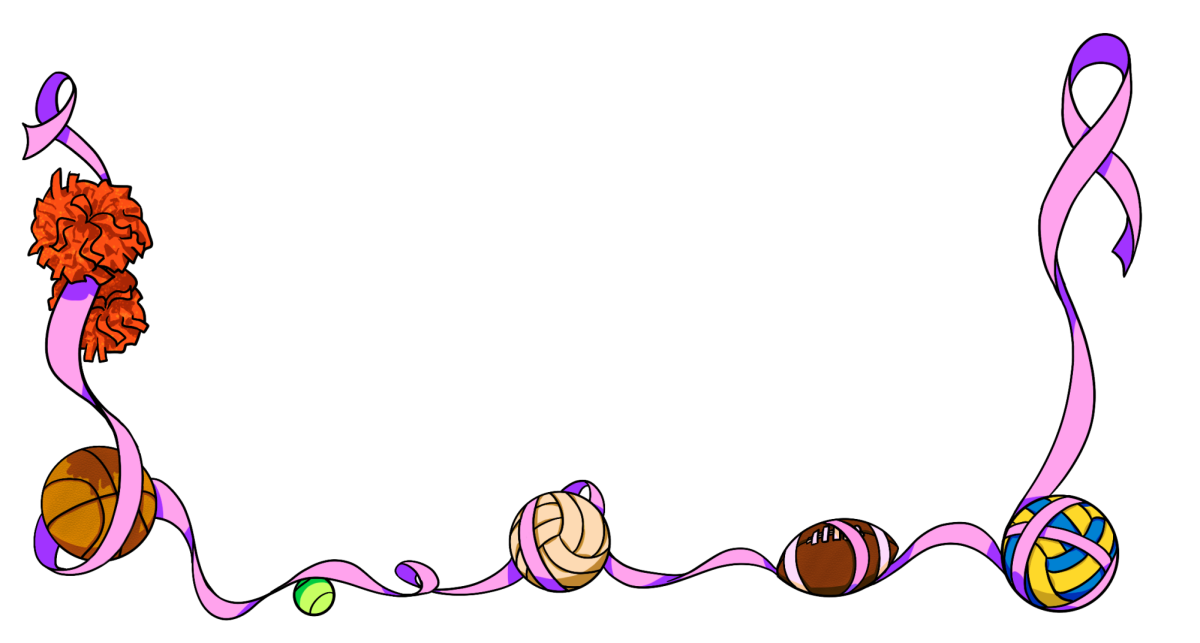Written by Anyi Cheng
The first semester of senior year is synonymous with senioritis: steadily sinking grades, cold weather and most of all, college applications. Among the few seniors who aren’t in the college application frenzy are athlete recruits. Every year, competitive athletes are recruited by colleges—in other words, high school athletes commit to playing or competing for the school’s team for all of their collegiate career. Despise criticism, the recruitment system is fair. College athletes are not to be considered “easy” shoo-ins due to the immense commitment they give to their schools; furthermore, every athlete is required to put tremendous effort and skill into their sport in order to even be considered for college recruitment.
Competing for college athlete recruitment is neither an easy process nor an easy accomplishment. Athletes invest thousands of hours on practice and competitions in order to be good enough to be recruited. Any athlete who commits that much time to a sport displays characteristics such as dedication, strong work ethic and passion—all traits that top college want in their students in any case. Furthermore, athletic ability alone is not the sole factor in the college recruitment process. For example, Ivy League schools, which are all NCAA Division I, use a formula called the Academic Index (AI) to determine recruiting eligibility. Any student that does not meet the minimum AI is not eligible for admission, regardless of athletic talent. According to the New York Times, the cutoff AI is roughly 176 out of 240, which just about translates to a B-average student with a 1140 out of a 1600 SAT. This is the bare minimum, which means that most recruits need to have much higher statistics. Many other schools use similar indexes to determine academic competence. This means that students need to be more than just athletic to be successful college athlete recruits; they also need to be intelligent and hold strong value in education—just like every other strong college applicant.
Furthermore, the commitment of a student as an athlete to a school means more than just waived admissions and slightly lower academic standards; it means real commitment for the entire duration of an athlete’s time as a student. Some schools, like the University of Kentucky, have a shockingly low graduation rate of 40 percent for men’s basketball players, according to the U.S. Department of Education’s Federal Graduation Rate. Athlete graduation rates are far lower than university-wide graduation rates because of the time commitment being a collegiate athlete requires. Sometimes, competing eats up so much of an athlete’s time that they aren’t able to keep up with their academic responsibilities. With a commitment like that, college athlete recruits deserve the opportunity to attend a prestigious school or receive scholarships as compensation for the time and energy they dedicate to the school.
The recruitment system has been lambasted as unfair, rigged and capitalist. But while it’s true that for athletes, physical ability is the primary factor in admission, how is the admissions process less biased when it comes to mental ability and academic capability? Every student has certain strong suits; whereas some excel in leadership or in academia, others dominate in athletic ability. In the end, universities admitting certain students because of athleticism is a win-win situation, with certain cessions and agreements on both sides. Besides, at an average of only four percent of the student body at a Division I school composed of athlete recruits (according to NCAA.org), students who are applying under a normal admissions process should not feel that they are being squeezed out by college athletes. When all’s said and done, college athlete recruitment is a benefit to everyone involved and not a detriment to everyone not involved.











